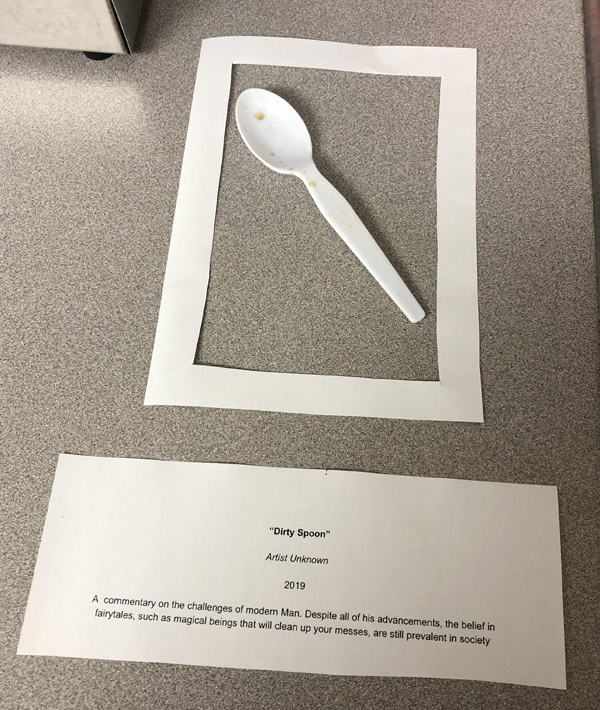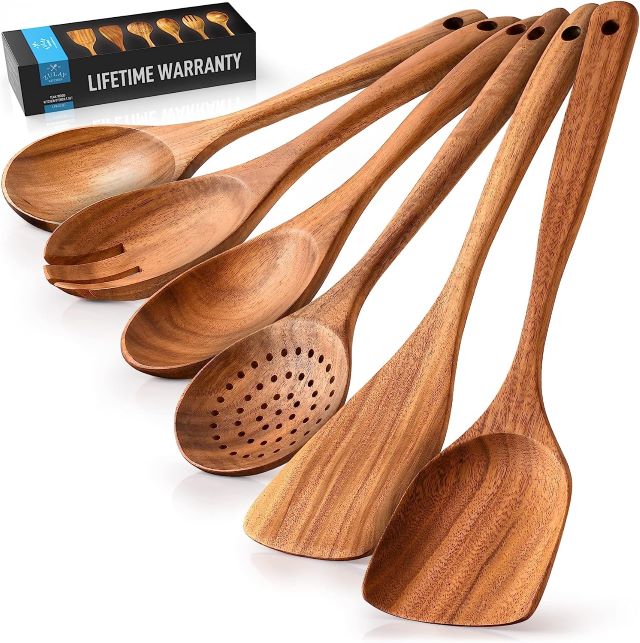Cutlery etiquette is important because it reflects good manners, respect for others, and cultural awareness in dining settings. Proper use of utensils helps create a pleasant and orderly meal experience, whether at a formal event, a business dinner, or a casual gathering. It signals attentiveness and consideration, showing that you value the effort put into the meal and the company you are dining with. Additionally, understanding cutlery etiquette can help avoid awkward situations, especially in international settings where dining customs may vary. Practicing good table manners not only enhances social interactions but also leaves a positive impression on those around you.
Category: Etiquette
Boiling wooden spoons. For Why?
Boiling wooden spoons can be a controversial topic in the culinary world. There are emails and videos going around the internets showing people boiling spoons to show all the “toxins” that come out of the wood. Wood is a porous material, and exposing it to water and high temperatures can potentially damage or warp the spoons. As a general rule, it is not recommended to boil wooden spoons unless absolutely necessary. The heat and moisture can cause the wood to expand and contract, leading to cracks or warping.
If you find yourself in a situation where you believe boiling your wooden spoons is necessary, take certain precautions. Keep the boiling time to a minimum, typically no more than a few minutes. This brief exposure to boiling water can help sanitize the spoons by killing off bacteria and germs. However, be mindful of not exceeding the recommended boiling time, as prolonged exposure can weaken the wood’s structure.
After boiling, it is crucial to thoroughly dry the wooden spoons before using or storing them. Moisture can seep into the wood fibers, leading to swelling, warping, and the potential growth of mold or mildew. Place the spoons in a well-ventilated area and allow them to air dry completely. Once dry, you can consider applying a food-safe oil, such as mineral oil or beeswax, to help maintain the wood’s integrity and prevent drying out. Regularly oiling the wooden spoons can also help preserve their appearance and extend their lifespan. And if you are worried about “toxins” in your wooden spoons then just buy some new ones like these which are made of resilient teak wood and have a lifetime warranty…
Dirty Spoon

Thanks to the rightful battle against plastic in our oceans this simple plastic cutlery has been labelled as “evil”. Something inoqueous as flimsy flatware made of melted down dinosours has become the enemy.
But even better is when that spoon becomes trash and people discard left to others to deal with. It’s not my problem they say. Let’s be very clear about something, people who litter are evil.
There’s a quote from comedianne Eddie Izzard — “They say that ‘Guns don’t kill people, people kill people.’ Well I think the gun helps.”.
People are killing the planet. Plastic cutlery is helping.
/rant mode off


